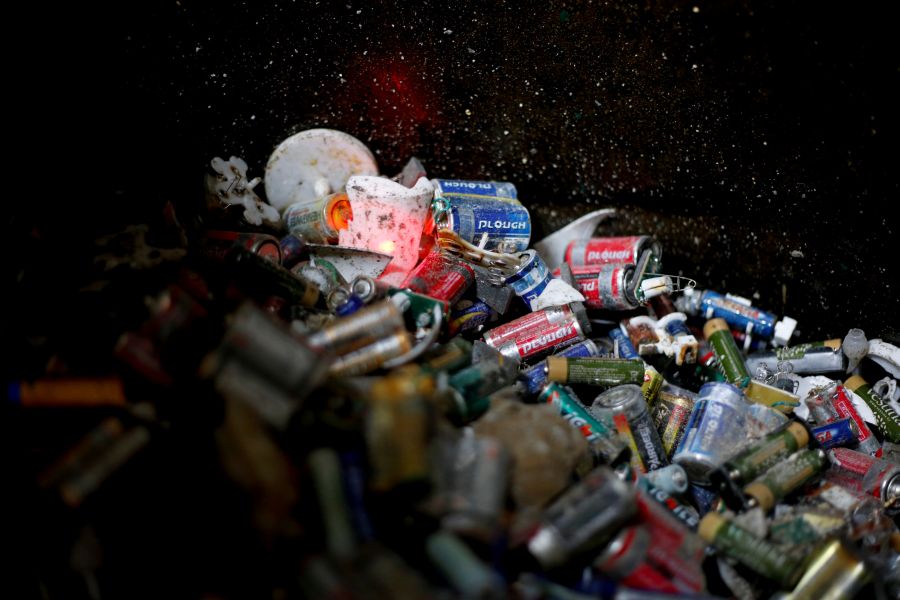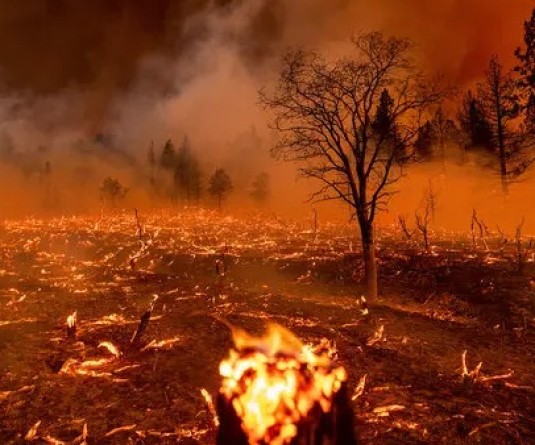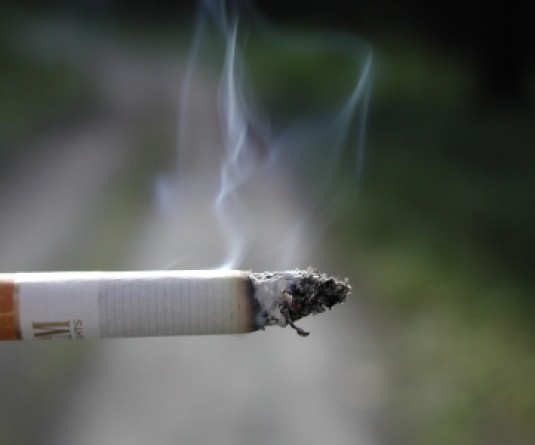European countries, companies pledge to cut plastic waste

Used batteries taken out from plastic candle containers are seen at Plastkom factory in Jesenice, Slovenia on November 10, 2017. (REUTERS File Photo)
BRUSSELS, March 6 (Reuters): Thirteen European countries and tens of companies on Friday pledged to use less plastic and recycle more, a move NGOs said was positive but no substitute for government regulations on plastic pollution.
The Netherlands, France and Denmark spearheaded the "European Plastics Pact", which was signed by two of Belgium's three regions and a host of firms, including German chemicals firm Henkel and Finnish oil refiner Neste.
Participants commit to make their plastic packaging "reusable where possible and in any case recyclable" by 2025, while increasing plastics collection, sorting and recycling capacity by 25 percentage points.
They aim to produce at least 20% less virgin plastic – meaning newly made plastics that don't contain recycled materials – by 2025. Companies will aim to use at least 30% recycled plastics in their products and packaging by 2025.
"If we want to tackle climate change, we need to look beyond energy to materials. We have to start treating plastic as the valuable raw material it is and keep it out of our oceans," Dutch environment minister Stientje van Veldhoven said.
NGOs welcomed the pledge but said it did not let governments off the hook.
"It remains completely voluntary and can never be considered as a replacement for ambitious regulatory measures on single-use plastics and packaging," said Delphine Levi Alvares from Zero Waste Europe.
The EU will ban single-use plastic straws, cutlery and plates by 2021, in a bid to stop them littering the environment. Next week the bloc will unveil a "circular economy" plan to cut waste in sectors like plastics and construction.
Researchers estimate the world has produced more than 8.3 billion tonnes of virgin plastics. Only 9% of this has been recycled, with 79% ending up in landfills or the natural environment, and the rest incinerated.




